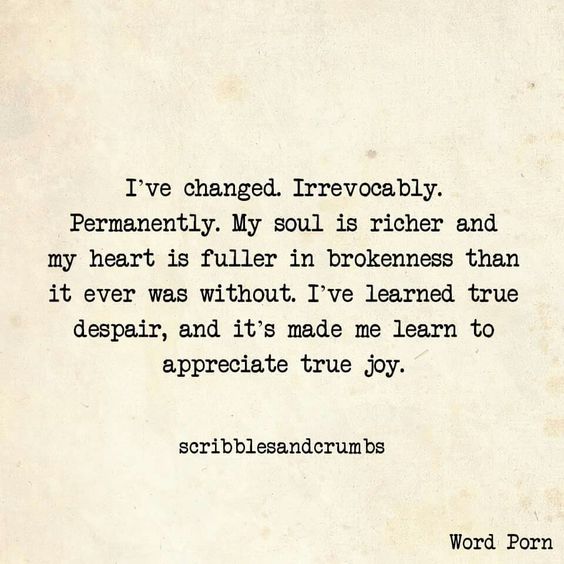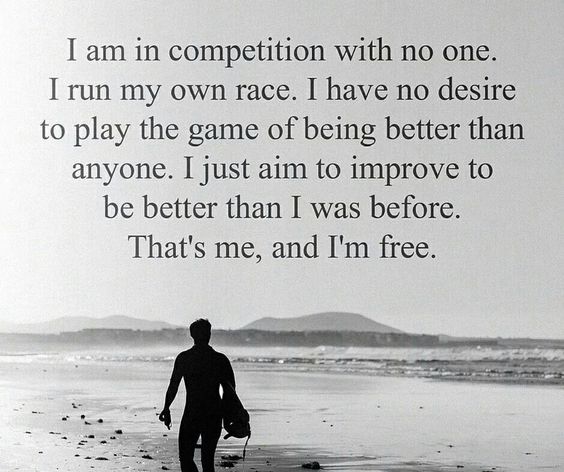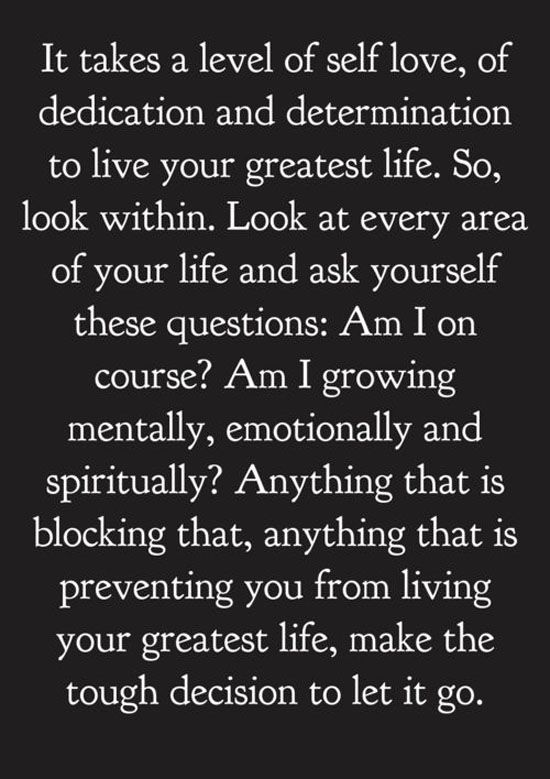“There are many paths to mastery, and if you are persistent you will certainly find one that suits you. But a key component in the process is determining your mental and psychological strengths and working with them. To rise to the level of mastery requires many hours of dedicated focus and practice. You cannot get there if your work brings you no joy and you are constantly struggling to overcome your own weaknesses. You must look deep within and come to an understanding of these particular strengths and weaknesses you possess, being as realistic as possible. Knowing your strengths, you can lean on them with utmost intensity. Once you start in this direction, you will gain momentum. You will not be burdened by conventions, and you will not be slowed down by having to deal with skills that go against your inclinations and strengths. In this way, your creative and intuitive powers will be naturally awakened.” ~ Robert Greene, Mastery
“Mastery is not a function of genius or talent. It is a function of time and intense focus applied to a particular field of knowledge. But there is another element, an X factor that Masters inevitably possess, that seems mystical but that is accessible to us all. Whatever field of activity we are involved in, there is generally an accepted path to the top. It is a path that others have followed, and because we are conformist creatures, most of us opt for this conventional route. But Masters have a strong inner guiding system and a high level of self-awareness. What has suited others in the past does not suit them, and they know that trying to fit into a conventional mold would only lead to a dampening of spirit, the reality they seek eluding them. And so inevitably, these Masters, as they progress on their career paths, make a choice at a key moment in their lives: they decide to forge their own route, one that others will see as unconventional, but that suits their own spirit and rhythms and leads them closer to discovering the hidden truths of their objects of study. This key choice takes self-confidence and self-awareness—the X factor that is necessary for attaining mastery.” ~ Robert Greene, Mastery
“Understand: the greatest impediment to creativity is your impatience, the almost inevitable desire to hurry up the process, express something, and make a splash. What happens in such a case is that you do not master the basics; you have no real vocabulary at your disposal. What you mistake for being creative and distinctive is more likely an imitation of other people’s style, or personal rantings that do no really express anything. Audiences, however, are hard to fool. They feel the lack of rigor, the imitative quality, the urge to get attention, and they turn their backs, or give the mildest praise that quickly passes.” ~ Robert Greene, Mastery
Mastery [Book]
Book Overview: Each one of us has within us the potential to be a Master. Learn the secrets of the field you have chosen, submit to a rigorous apprenticeship, absorb the hidden knowledge possessed by those with years of experience, surge past competitors to surpass them in brilliance, and explode established patterns from within. Study the behaviors of Albert Einstein, Charles Darwin, Leonardo da Vinci and the nine contemporary Masters interviewed for this book. The bestseller author of The 48 Laws of Power, The Art of Seduction, and The 33 Strategies of War, Robert Greene has spent a lifetime studying the laws of power. Now, he shares the secret path to greatness. With this seminal text as a guide, readers will learn how to unlock the passion within and become masters.
Buy from Amazon! Listen on Audible!
Great on Kindle. Great Experience. Great Value. The Kindle edition of this book comes highly recommended on Amazon.
Post(s) Inspired by this Book:
“In moving toward mastery, you are bringing your mind closer to reality and to life itself. Anything that is alive is in a continual state of change and movement. The moment that you rest, thinking that you have attained the level you desire, a part of your mind enters a phase of decay. You lose your hard-earned creativity and others begin to sense it. This is a power and intelligence that must be continually renewed or it will die.” ~ Robert Greene, Mastery
12 Quotes on Discipline for Success, Freedom, and Greatness
Excerpt: Discipline is the most important character trait to develop in order to take control of your life. Read our quotes on discipline and begin.
Read More »12 Quotes on Discipline for Success, Freedom, and Greatness
The Subtle Art of Not Giving a F*ck [Book]
Book Overview: In this generation-defining self-help guide, a superstar blogger cuts through the crap to show us how to stop trying to be “positive” all the time so that we can truly become better, happier people. For decades, we’ve been told that positive thinking is the key to a happy, rich life. “F**k positivity,” Mark Manson says. “Let’s be honest, shit is f**ked and we have to live with it.” In his wildly popular Internet blog, Manson doesn’t sugarcoat or equivocate. He tells it like it is—a dose of raw, refreshing, honest truth that is sorely lacking today. The Subtle Art of Not Giving a F**k is his antidote to the coddling, let’s-all-feel-good mindset that has infected modern society and spoiled a generation, rewarding them with gold medals just for showing up.
Buy from Amazon! Listen on Audible!
Great on Kindle. Great Experience. Great Value. The Kindle edition of this book comes highly recommended on Amazon.
Post(s) Inspired by this Book:
- 23 No Bullsh*t Mark Manson Quotes from The Subtle Art of Not Giving a F*ck
- Mark Manson Quote on Problems and How A Problem-Free Life Should Never Be The Goal (Beyond the Quote 274/365)
- Mark Manson Quote on How Being Desperate For Something Doesn’t Help You Get It (Beyond the Quote 177/365)
- Mark Manson Quote on Experiences and How To Find The Ideal Balance Between Breadth and Depth (Beyond the Quote 162/365)
- The Story of Buddha and How Happiness is Not the Absence of Suffering
“Growth is an endlessly iterative process. When we learn something new, we don’t go from ‘wrong’ to ‘right.’ Rather, we go from wrong to slightly less wrong. And when we learn something additional, we go from slightly less wrong to slightly less wrong than that, and then to even less wrong than that, and so on. We are always in the process of approaching truth and perfection without actually ever reaching truth or perfection.” ~ Mark Mason, The Subtle Art of Not Giving a F*ck














